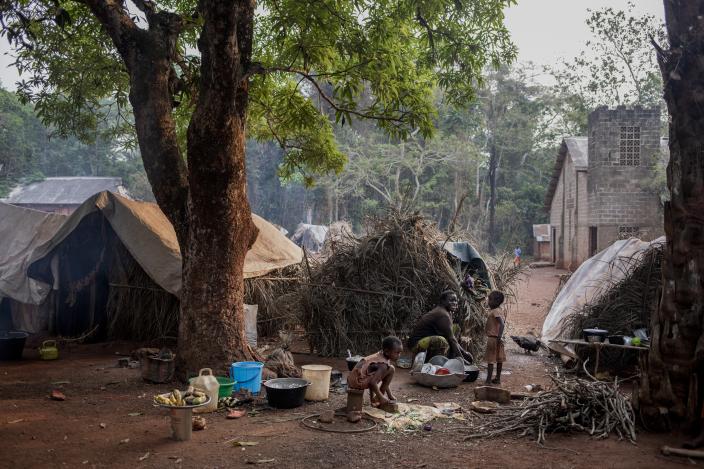Armed conflicts pose the principal threat to civilian safety in Central African Republic (CAR), Democratic Republic of Congo (DRC), Mali and South Sudan. Civilians, particularly women and children are exposed to serious and systematic threats including sexual and gender-based violence, attacks on life and physical integrity, destruction of fields and homes, forced recruitment and use of child soldiers, attacks on freedom of movement, and forced displacement.
Faced with these threats, civilians can call to various actors to protect them, such as the UN peacekeeping operations, the national armed forces, the police, in certain cases self-defence groups, and traditional community pillars. The level of trust in, and effectiveness of these entities vary, leaving communities regularly exposed to violence and with no one to rely on for protection.
While UN peacekeeping operations have been deployed to those four countries with the primary goal of ensuring the protection of civilians, and while the missions have succeeded at maintaining a partial level of stability, affected populations are still exposed to protection threats on a daily basis. With an increasing mismatch between resources and inflated mandates, a widening gap between populations’ expectations and reality, and increasing levels of distrust, UN peacekeeping operations have struggled to sustain their legitimacy and remain relevant.
